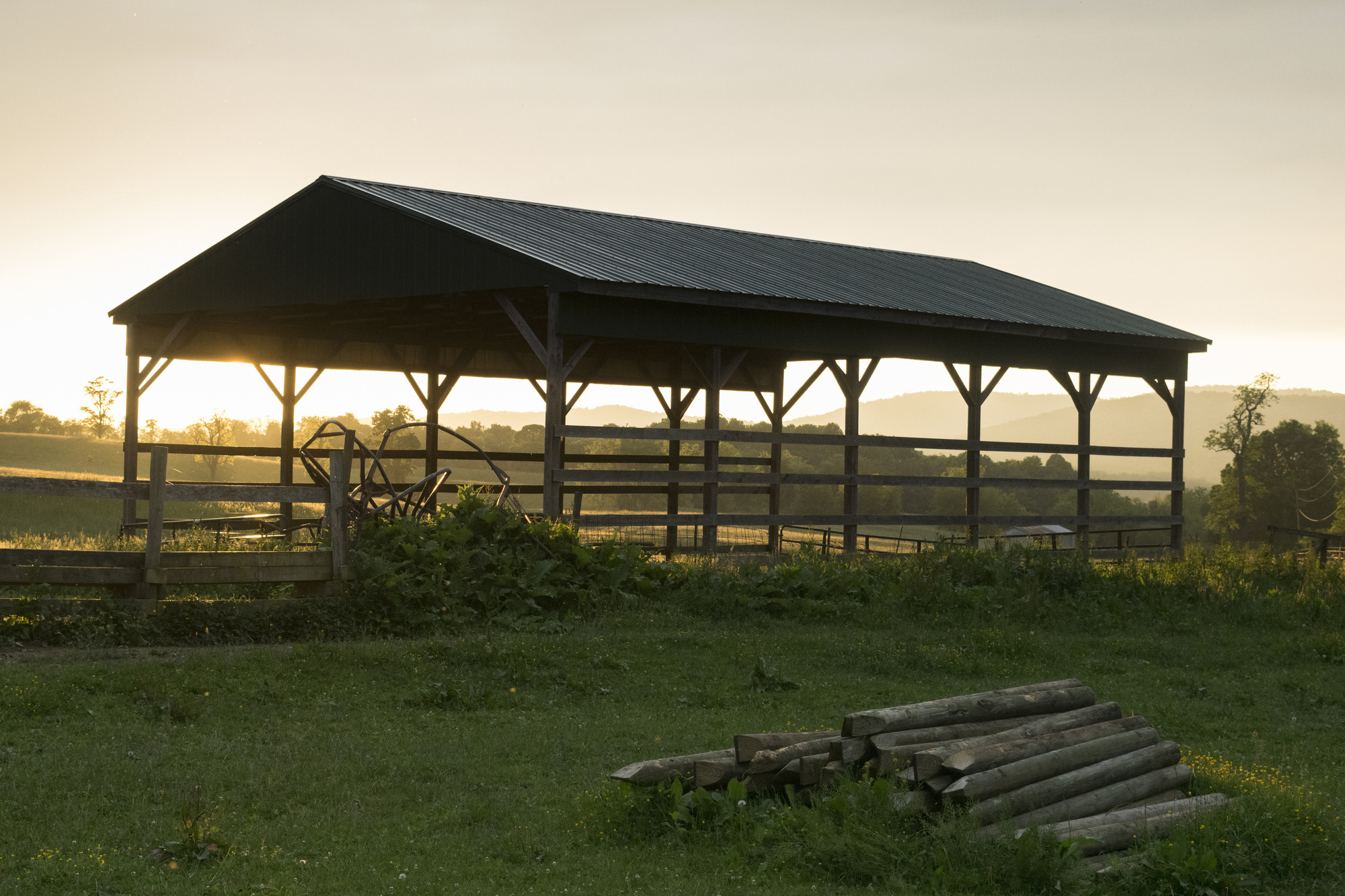People are wondering if they should get an RV cover as winter approaches. While there is no single answer, it can help protect against winter weather damage, while the wrong cover can damage your RV! Best RV covers stand arranged for owners who need a place to store their vehicles under a solid roof.
You can protect RV covers without the need for a great garage. One of the concerns you will have is securing and protecting your RV. It is critical to cover it when storing it for the winter to extend the life of the exterior and interior fabrics.
You can extend the life of your RV even when it is stored outside by using the correct type of cover and fabric.
Continue reading to find out everything necessary to know about the best RV cover between tarps vs. weather-resistant fabrics.
RV Tarp
Tarps are a less expensive option in a variety of weather conditions. Yet, they are less durable than weather-resistant fabrics and are more susceptible to wind and rain damage.
Pros of Covering an RV With a Tarp
Tarps can help prevent rain leaks. Leakage can destroy RVs in a single season. Without shielding, wood will rot, and walls will deteriorate.
Do It Yourself RV demonstrates how effectively a tarp can keep the rain off the RV and prevent silicone caulking from wearing down and allowing leaks.
A tarp can help reduce debris. Debris can damage an RV or van, whether it’s pinecones, hail, sand, or anything else. It provides an extra layer of protection by preventing direct impact from breaking windows, solar panels, and roof vents through cheap RV covers.
Cons of Covering an RV With a Tarp
Mold grows on non-breathable tarps. If the tarp cannot promote airflow because it is non-porous, any moisture that enters will be unable to exit. Bacteria will grow in the presence of water, darkness, and warmth.
Tarps do not protect your tires. Tarps are only some of the most durable RV covers, so you will only partially protect your tires. We strongly advise purchasing RV tire covers.
Weather Resistant Fabrics is the Best RV Cover
Polyester makes weather-resistant fabrics. They’re lighter than tarps when it’s time to hit the road. Yet, they do not provide the same protection level as a tarp.
Pros of Covering an RV Resistant Fabrics
Weather-resistant fabrics are a better acquisition. Weatherproof fabrics are typically more costly than standard tarps. A weather-resistant tarp is a good choice if you are concerned with rain and snow.
A weather-resistant fabric RV cover tarp will suffice if you live in a mild climate. Visit RV Covers to speak with a metal building specialist about customizing your own.
Cons of Using an RV Weather Resistant
Weather-resistant fabrics are more expensive but can provide better sun, wind, and rain protection. They are also resistant to mildew and insect damage. These fabrics require more installation effort but will last longer and fit better.
Choosing the Best RV Cover
RVing is a fantastic way to see the country while spending time with family and friends. However, maintaining and keeping an RV water resistance in good condition can be costly. Whatever type of best RV cover you usually use, maintain it properly to ensure it lasts for many years.
If you find this article helpful, visit our other blogs to learn more.
Read more articles at Peoples Magazine

